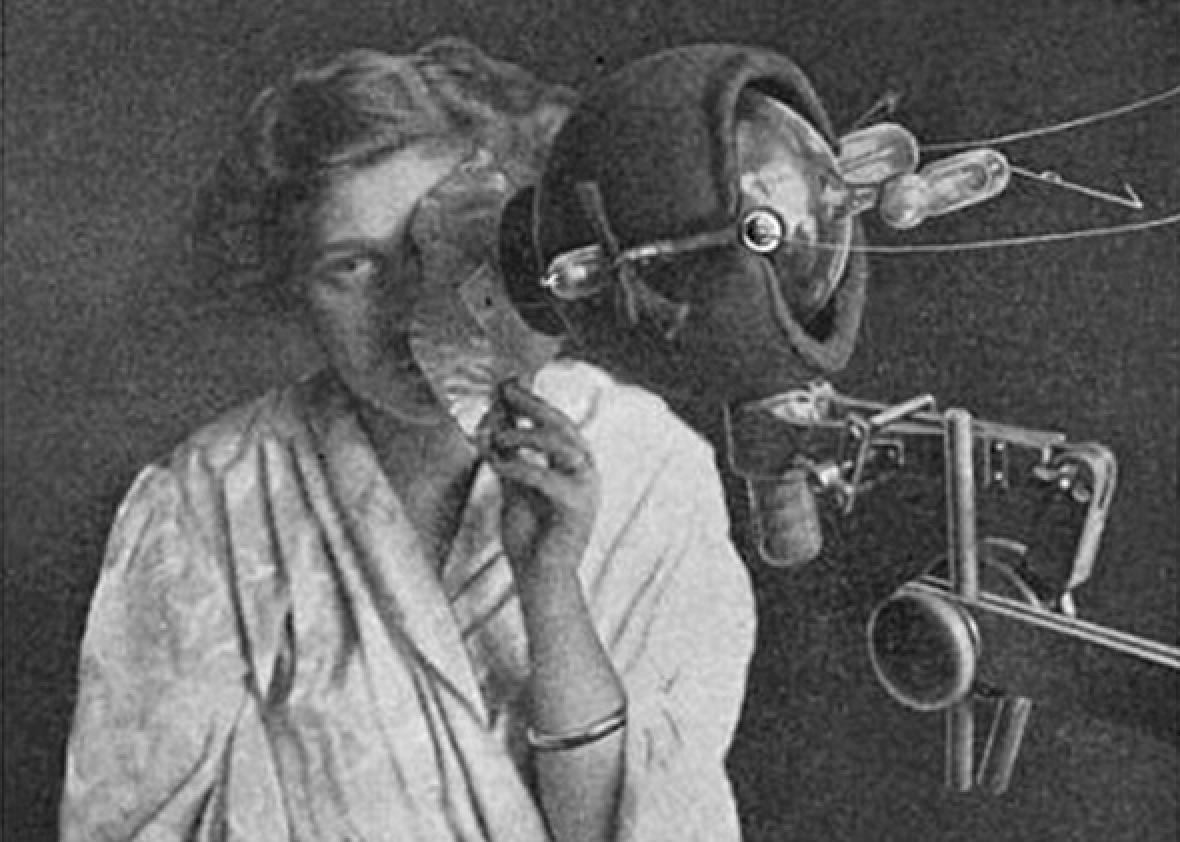
Would the disapproval of our parents threaten our safety? Would the disapproval of our teachers and classmates jeopardize our need to belong? Whenever it happened-and it might have happened often-it threatened one of our basic needs. Our teacher shamed us for our lack of decorum in front of the class and told us to sit down. Or perhaps we acted boldly, playfully, spontaneously, or silly in our first-grade classroom. Our parents reprimanded the outburst and sent us to our room. These needs are biological and instinctual.Īs children, when we expressed certain parts of ourselves, we received negative cues from our environment. These needs include physiological needs, safety and security needs, and needs for belonging. Traits associated with “being good” are accepted, while others associated with “being bad” are rejected. These emotions are part of our shared humanity. How the Shadow is BornĮvery young child knows kindness, love, and generosity, but he also expresses anger, selfishness, and greed. For then, to be sure, it is standing right behind us. It stays with us as our dark brother or sister. Think of the unconscious as everything we are not conscious of. We repress them they are part of our unconscious. Although we deny them in our attempt to cast them out, we don’t get rid of them. These unexamined or disowned parts of our personality don’t go anywhere. This shadow self represents the parts of us we no longer claim to be our own, including inherent positive qualities. The personal shadow is the disowned self. I cover the “positive shadow” in a separate guide on psychological projection.)Īll we deny in ourselves-whatever we perceive as inferior, evil, or unacceptable-become part of the shadow.Īnything incompatible with our chosen conscious attitude about ourselves relegates to this dark side.

(However, we cut ourselves off from many of our best qualities too. The shadow is the “dark side” of our personality because it consists chiefly of primitive, negative human emotions and impulses like rage, envy, greed, selfishness, desire, and the striving for power. Exercise #4: Get to Know the Shadow Archetypes.

Exercise #1: Watch Your Emotional Reactions.Five Tips For When You Engage in Jungian Shadow Work.

4) Psychological Integration and Maturity.What Happens When You Repress Your Shadow.Let’s inspect what the shadow is and how it comes into being … Seeing the shadow of this teacher helped me understand how someone can show gifts in one area of life while remaining unaware of poor behavior in other areas.Įvery human being is susceptible to this. I find working with my shadow a rewarding, yet challenging process.Įxploring your shadow can lead to greater authenticity, creativity, energy, and personal awakening. This introspective process is essential for reaching mature adulthood (which is rarer than most think). Most of us go to great lengths to protect our self-image from anything unflattering or unfamiliar. And so it’s easier to observe another’s shadow before acknowledging one’s own shadow. I understood how important knowing my shadow was when I wrote a biography of a spiritual teacher. The shadow is a psychological term for everything we can’t see in ourselves. It’s always standing right behind us, just out of view. OVERVIEW: This guide explores the nature of the shadow and provides tips and exercises for daily shadow work.


 0 kommentar(er)
0 kommentar(er)
